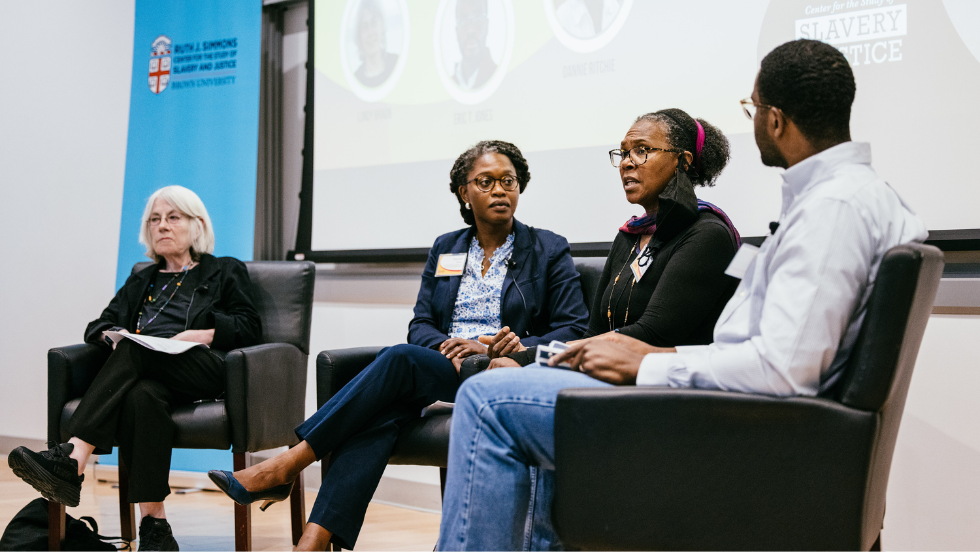
Credit: Rythum Vinoben
Beginning with a public talk in 2014 by the renowned Dorothy Roberts, the primary aim of the Race, Medicine, and Social Justice Research Cluster the Simmons Center was to cultivate a community of researchers and students committed to interdisciplinary discussions of race, racism, and a radical vision of social medicine that draws on but extends beyond limited notions of social determinants of disease. Comprised of faculty and students across the University, the Cluster has focused on contemporary controversies central to medicine and their societal impact. To broaden our understanding, we met several times a semester and invited a series of prominent speakers in the history and social studies of science to interrogate such key questions as: what is race, how is racist medical knowledge produced, and what are its legacies?
Pursuing the theme of social justice as it intersects with racism and facilitated by a Cluster participant, the group began the year by analyzing the controversy over the persistence of biological notions of race, as manifested in the current tendency to substitute genetic ancestry for race in research and clinical settings. Our featured speaker for the first semester, Associate Professor in Stanford University’s Department of Anthropology, Duana Fulwilley, gave a compelling talk that built on the debate over genetic ancestry. Entitled “Ancestors and the Algorithmic Shadows: Ghost DNA and the Kinfolk of Today,” Fulwilley’s talk addressed issues from her Boston Review article on DNA and our ancestors and shared insights from her forthcoming book that probes the relationship of DNA sequences to kinship and the stories thus generated. Closing out the first semester and facilitated by another Cluster member, the group read classic articles from the Black radical tradition on institutional racism, its meaning, and its social context.
Second semester topics included medical activism at both the local and national level; knowledge production and its legacies; and physician unionization. One Cluster member shared his ongoing work with the Institute for Healing and Justice in Medicine, emphasizing the challenges posed to those who have attempted to tackle the persistence of racialized algorithms for centuries in pulmonary medicine, while another Cluster participant shared aspects of her long-term activism in bringing an understanding of social determinants of disease to the Rhode Island community.
Our featured speaker for the second semester was historian Jim Downs at Gettysburg College and the Hutchins Center for African & African American Research at Harvard University who spoke about his new book on the origins of the field of epidemiology. Entitled “Maladies of Empire: How Colonialism, Slavery, and War Transformed Medicine,” Downs’ lecture opened up new ways of thinking about the nature of knowledge and its legacies in a field of medicine and public health that shapes profoundly much of what we know about health. For the last session, the Research Cluster delved into the significance of the wave of physician unionization across the U.S. and the influence of physician unions on the healthcare system and patient care. The group discussed the history of physician organizations, the pressures on physicians, and the primary roles of physician unions in advocating for fair working conditions, compensation, and benefits for their members.
Thus, from discussions on genetic ancestry, to the history of the field of epidemiology and its foundation in racism, to sessions on activism and the role of unions in healthcare, during the 2022–2023 academic year, the Cluster generated rich and forward-thinking interdisciplinary conversations among members of the Brown community that has informed research, clinical practice, and medical activism. In the past several years, members of the Research Cluster contributed to the work of the House Ways and Means Committee Staff Report on the (mis)use of race in clinical decision-making; engaged in activism related to race-based algorithms and questions of housing; and wrote several scholarly articles. Importantly, the Research Cluster has fostered discussions on contemporary debates at the intersection of race, medicine, and social justice.